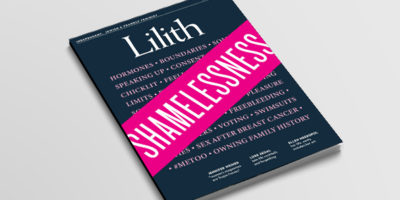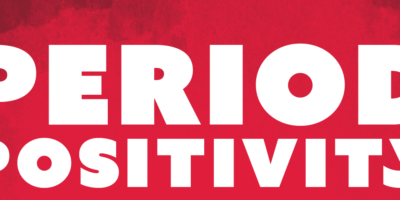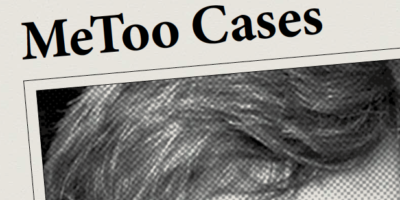Time for Honor, Not Shame
Pause, please. It’s time to laud the women who have found their courage, and in the process found their voices, to speak truths about what they’ve so unwillingly experienced in this long #MeToo season.
As readers we’re sickened and angered by each new revelation, yet the stories of insult, harassment and assault are becoming, well, familiar. But unfamiliar still, in the shadows and out of the spotlight, are what people have faced after they go public with their allegations. The horrible warning you might recall from childhood, “Nobody likes a tattletale,” seems to be coming true. Even if we change the term to “whistleblower,” which may sound more honorable these days, women who have come forward have rarely been greeted with delight. They’ve faced job insecurity if it’s their bosses they’ve blown the whistle on, coldness from their fellow congregants if the accused is a beloved member of the clergy or a pillar of the community, parental disbelief when the revelation was of sexual assault by a popular pediatrician or coach.
There is some safety in numbers, but not much. As more and more women come forward, the earliest accounts pick up credibility, but also disapprobation and a doubly wounding backlash based on a fear of “hordes” of women attacking the status quo, like an army of Potiphar’s wives bearing fake news that they’ve been raped.
Reporting on MeToo has largely focused on the names of the Great Men Brought Down rather than elevating the women who bravely and consequentially told the truths that initiated said tumble from power. (Who knows the name of Potiphar’s wife? Just asking.) Granted, some of this is understandable; names we’ve held in public consciousness register more easily than those less well known. But an ancillary truth is that many of those accused of predatory behavior have not suffered terribly in the wake of the allegations. And when the harassment or assaults have taken place away from media scrutiny—for example, in factories, restaurant kitchens, small businesses––the women making the allegations are often people who can least afford to lose their jobs or their standing in a community.
In fact, the consequences for all women who have dared to speak their stories aloud largely go unremarked. Rebecca Traister writes in TheCut that “even as the press pored over the gruesome details of their accounts, there has been a lack of curiosity about why and how they first stepped forward, what made them open their mouths to speak the unspeakable, and what happened to them after they did: What were the tolls and rewards of having made the choice they did in a world that does not typically reward women for opening their mouths in challenge to power?”
Both in public forums and in private conversations, I’ve been asked several times recently about “fallout” from such challenges to power. This is the backlash speaking. And the questioners do not recognize a changed workplace or congregation as a good thing. Here are some samples, so you can writhe too: “These days in my law firm, male partners hesitate to take a female associate along on a business trip that could really have advanced her career.” “Now, in my hospital, female job candidates are under a cloud of suspicion. People say, why should we bring a woman on board if she’s likely to accuse a colleague of sexual harassment. Everyone will worry all day if they’re going to be judged for doing something considered inappropriate.” And this: “Now, we’re not supposed to hug after services? How is that supposed to make me feel—that I’m a predator when I give a woman a hug and a kiss on Shabbat?”
You know how absurd these ideas are. Trying to move society into a safer, more respectful, more equitable and better future, we women often feel the need to give thoughtful, reasoned answers. But are the questioners really asking for suggestions? How about: Take two or more female associates on that business trip? Rethink your need for the trip in the first place? Better: Don’t behave inappropriately, and you won’t engender any suspicions to cloud your day.
The courage of those who speak out is too rarely applauded. Ditto for the reporters whose investigative work on the ground brings attention to inappropriate or illegal behaviors. It’s hard to come forth with the truth—especially when your own community must face its complicity for having protected a donor or leader credibly accused of misconduct, or its complicity in declaring the behavior harmless. In this issue of Lilith you’re invited to go behind the scenes to observe some of the challenges for journalists reporting stories that have been especially elusive in the Jewish community, like sexualized behavior and outright assault that have for decades been overlooked and even excused.
The cover shouts “SHAMELESSNESS,” the noun referring proudly to those women shedding a constricting cocoon of shame that has kept so many from being proud of our work, our voices, our bodies and the whole assemblage of experiences, chosen or not, that make up a life. Honor, not shame, is their due. Susan Weidman Schneider Editor in Chief





